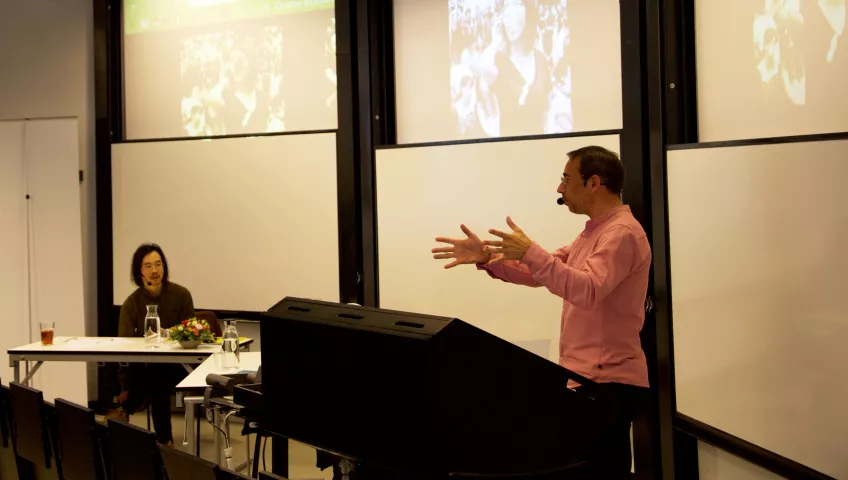Drawing upon recent protest movements in Hong Kong and the ways in which protesters appropriated and transformed different urban spaces into spaces of public discourse, the thesis argues that everyday contests over public space use and development are imperative to the city’s future political struggles.
As a result of the expansion of neoliberal capitalism, commodification of urban space has not only exacerbated, but also become more far-reaching and indiscriminate. Commodification can be said to be the process that transforms people, ideas, services and goods into products, in a similar way to commercialisation.
While existing lines of enquiry such as privatisation and commercialisation remain highly important, it could be argued that they may no longer suffice to encapsulate the exploitative motives and practices of public space due to the growing importance of public space in urban development, as well as the increasingly complex and dynamic models of funding, ownership, and management.
In the Eden Auditorium during the thesis defence external reviewer Professor Miguel A. Martínez comments on the thesis.
– The concept of the right to the city is very general. Could you make it more concrete?
– Yes, I agree, says Elton Chan and continues:
– The right to the city is a very broad concept that could be more concretized, but many parts of everyday life are concrete: the social interaction between people, how they consume, how they use they city every day, how they commute.
Rather than fixating on certain characteristics like public ownership and commercial use of public spaces, the thesis argues that a broadened conceptualisation of public space commodification will be key to not only unpacking its multi-scalar socio-spatial impacts, but also revealing its connection to other urban processes. By rethinking commodification processes in relation to public space, this thesis sets out to establish the linkages between capitalist productive forces and the development and production of public space.
The thesis started by examining the commodification of everyday public spaces in Hong Kong, and while inspirations for an alternative public space can be drawn from the sites of political struggles and contestations, it is ultimately in the spaces of everyday life where the right to the city can be formulated and enacted.
The empirical cases are centred on three different public spaces in Hong Kong, as well as the protest sites of both the Umbrella Movement and the Anti-ELAB protest movement.
By adopting a combination of both on-site and digital ethnographic approaches, this study examines the social production of different public spaces in Hong Kong. The main sources of data for this study include participant observations, interviews, documents, live stream footages, and online forums. The cases are analysed and presented across the four papers included in this thesis.
The external reviewer at the public defence in the Eden Auditorium in Lund was Professor Miguel A. Martínez from the Institute for Housing and Urban Research at Uppsala University. The examination committee was:
- Associate Professor Hoai Anh Tran, Department of Urban Studies, Malmö University.
- Professor Marina Svensson, Centre for East and South-East Asian Studies, Lund University
- Associate Professor Sébastien Tutenges, Department of Sociology, Lund University
Chair person of the defence was the thesis' main supervisor, associate professor Bo Isenberg from the Department of Sociology at Lund University. Erik Hannerz, associate senior lecturer at the Department of Sociology has also supervised the thesis.
Main text above taken from the thesis abstract.




